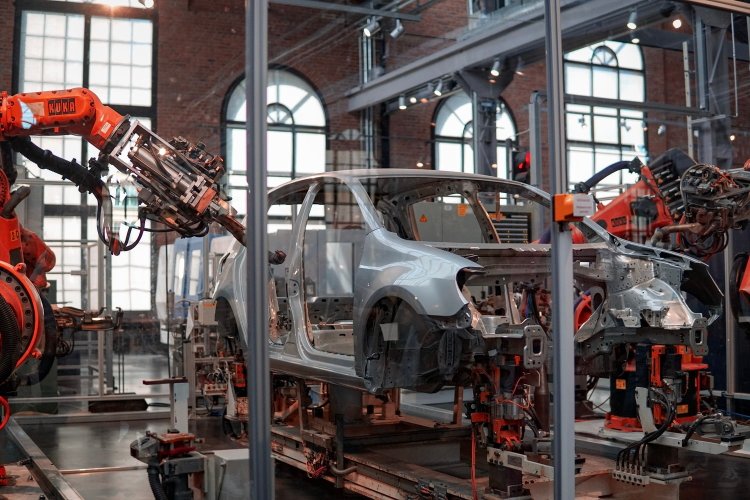The automotive industry is evolving at such an extreme rate, whether it’s through the advent of robotics or just the development of the holistic practice of working, the auto industry is one of the major sectors which will see massive alterations over the next few years. But what are these trends that we’re going to see? Here are 5 ways I think the auto industry will change in 10 years –
Changes In Consumer Mobility Behavior
There is going to be a change in regulations and potentially due to the changes in customer preferences, there could be a shift to using multiple modes of transportation to undertake a journey. When we look at the increased demand for items being delivered to people’s homes rather than collected by consumers, the car sales business model will change to accommodate various mobility solutions. As customers use their vehicles for numerous purposes there could very well be a change to flexibility. With the decrease of private car ownership but an increase in car-sharing, the automotive industry will have to tailor unique solutions for specific needs. In the year 2030 potentially one out of ten cars could be a shared vehicle.
Increasing connectivity
We are already seeing how much communication is impacting every business. And in the automotive industry where there can be a very disparate set of groups, especially in the supply chain, increasing connectivity services will increase the revenue. From the perspective of an entrepreneur working in the automotive industry the benefits of connectivity don’t just work for increased communication with the supply chain, but it can also improve collaboration. Collaboration and brainstorming apps like the MindNode available on Setapp, can help leaders to integrate collaboration at a foundation level which will work to improve the overall culture of the individual business as well as the industry. They would be most beneficial to start-ups or the newly emerging auto companies where coordination & connectivity is of utmost importance.
Autonomous Vehicles
We’re already seeing what autonomous vehicles can do, and while it’s taking some time to fine-tune these specific issues, potentially by the year 2030, 15% of new cars could be completely autonomous. This could be fantastic value for customers especially when it comes to multitasking on the road; and due to the increase in startups and big technological businesses, they will want to push for advanced driver assistance systems (ADAS) and autopilot systems that consumer demand will soon follow.
Higher demand For Electric Vehicles

We are already seeing this and for those already concerned about the switch from diesel to electric/hybrid, it’s important to start adapting to the change now. People have slowly started realizing that electric cars or EVs in spite of their high initial cost, are more rewarding in the long run. Significantly lower number of parts than current gasoline-powered ones makes EVs cheaper to maintain. The global temperature is rising at a dramatic rate and the air pollution caused by the exhaust gases of diesel and petrol powered automobiles along with industrial smoke share the biggest blame for it. In the coming years, governments will be passing new laws to limit the number of vehicles with IC engines and give incentives to people to buy more eco-friendly vehicles thus rising the demand for EVs.
Related article – How do electric cars/Teslas work?
Slower vehicle unit sales
Across the world, sales of vehicles will continue to grow but the annual growth rate is expected to drop to around 2% from 3.6% by 2030 [Source]. And while new mobility services could cause a decline in sales of private vehicles, there will be more demand for shared vehicles which will cause more utilization and will need replacing more often due to wear and tear.
The auto industry is changing in so many ways that we have to be aware of how it impacts on an individual level but also be cognizant of the fact that we’ve got to change our value proposition.

